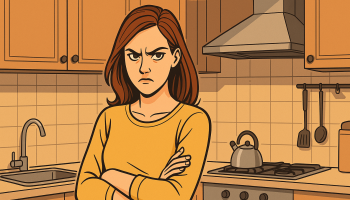Most Internet users believe that what they do online remains their private business. Especially when visiting adult websites — “Incognito Mode” seems like enough protection.Unfortunately,
latest posts
You’ve seen it a hundred times. You land on a new website, and up pops that cookie notice: “This site uses cookies to improve your
Every time you connect to a public Wi-Fi or visit a website that doesn’t look quite right, you’ve probably thought about using a VPN. Virtual
In 2025, access to truthful information is more important than ever—but it’s also harder to get in some places. Governments, schools, and even workplaces are
Have you ever wondered who’s watching when you go online? You’re not alone. From the moment you open your browser, companies, websites, internet providers, and
Most of us go online every day—whether we’re working, watching videos, shopping, or just browsing. But have you ever stopped to think: Can the government
Streaming in 2025 is fast, flexible, and full of choices. But it also comes with frustrating limits. You might pay for a service like Netflix
In today’s world, nearly everything we do touches the internet—shopping, chatting, streaming, working, and more. But what most people don’t realize is that the internet
Most people think their online activity is private. But that’s far from the truth. If you’re not using any kind of protection, your Internet Service
The internet is supposed to be a place where people can share ideas, learn, and speak freely. But in many parts of Central Europe, digital









